Polly Dalton is a co-owner and managing member of Upstream Cider, a Stevens Point, Wis., cidery focused on crafting wild fermented ciders from organically grown local apples. Dalton and her partner Oren Jakobson are also organic farmers and their commitment to sustainability deeply informs their work as cidermakers.
Cidercraft: What’s the story behind the name Upstream Cider?
Polly Dalton: When we first got started, we were thinking about how our process is one of very minimal intervention and really just trying to let the flavor of the apples ring true, and be as untainted and unadulterated as possible. The concept of upstream to us really reflects that: the idea of being closer to the source and a little less tainted.
How has your background in organic farming influenced your approach to cidermaking?
PD: As an organic farmer, I think a lot of your job is to observe and see what the natural patterns are, what nature wants to do and is able to do on its own. [In addition to making the cider], we want to participate in growing the apples ourselves, to be intimate with the process of all the different apples — wild apples and more domesticated varieties — grafting and trees that are sprung from seed.
A lot of what we do in farming is understanding how these plants produce and how we can help support them in that, with soil building and taking care of the land and ourselves. The abundance that is created is a natural part of the process.
What are some of the ways that Upstream Cider promotes sustainability?
PD: One of the things that we definitely care about is taking care of the land that grows the apples and the people that participate in that work, too. [For example], paying growers fair rates, and being able to support them as they take on the risks of transitioning to organic practices.
In terms of the actual cider production, we’re really just working with the apples and the natural yeasts that are found on them. There’s often a great culture because the whole organic system is based on having this robust and resilient ecosystem, so the yeast on wild apples and organically grown apples is diverse.
Really leaning into that culture to produce something is, for us, more interesting. Because it’s a little different every year and reflective of what the conditions were like that particular season in that particular place. I think at the root of winemaking and cidermaking, it’s an agricultural product — it’s reflective of a particular season and place. We try not to intervene with that and to just let what that season has manifest into a tasty beverage.
What are your plans for the future of Upstream Cider?
PD: We’re not focused on a growth model — cidermaking is part of a diversity of things we do, along with farming and my partner Oren does lawyering and I’m on the city council. We do want to figure out the right scale to sustain our business and it’s on a good trajectory.
We’re building a new production facility on our farm and we’re excited to be able to just build what we need and not pay too much for what we don’t need. It’s a partial masonry building [using salvaged stone], built into a hill. We have our young orchard here and we’ll have access to more and more of our own fruit and flowers and other things to do [cider and winemaking] experiments with.

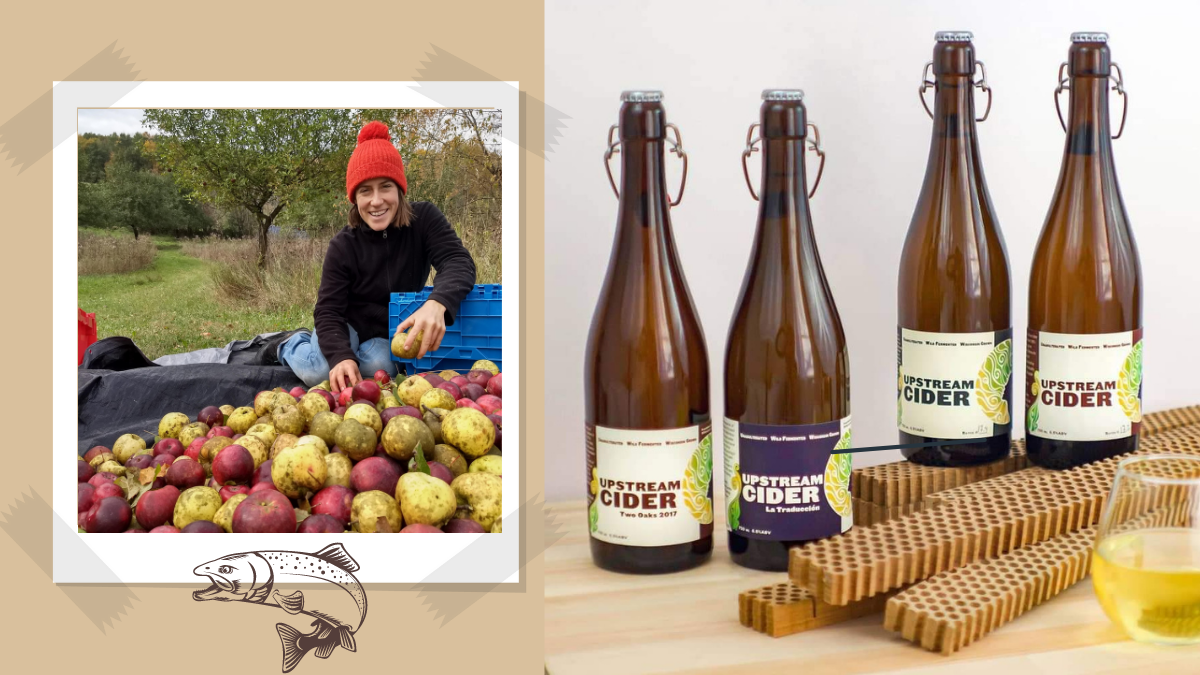
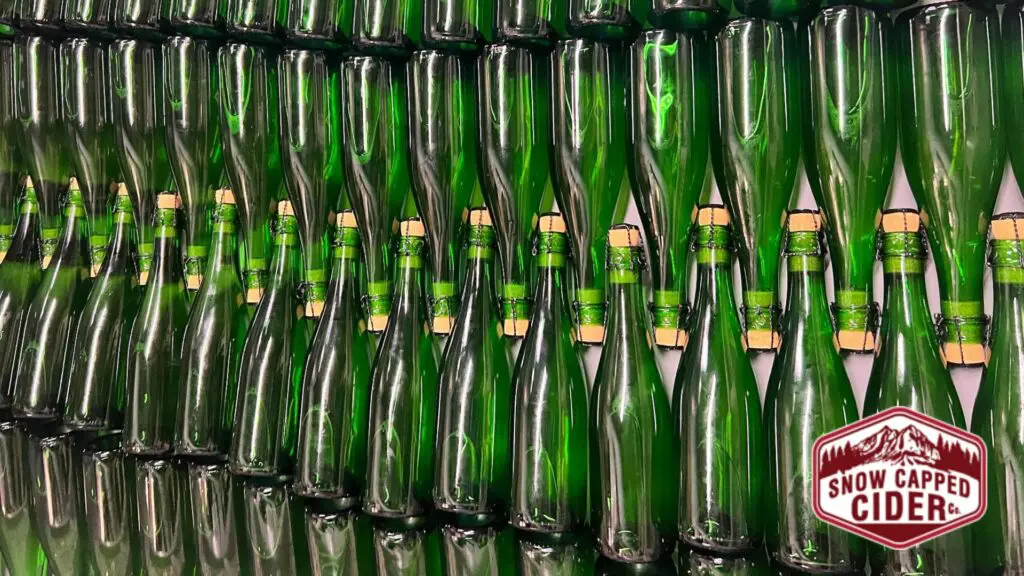
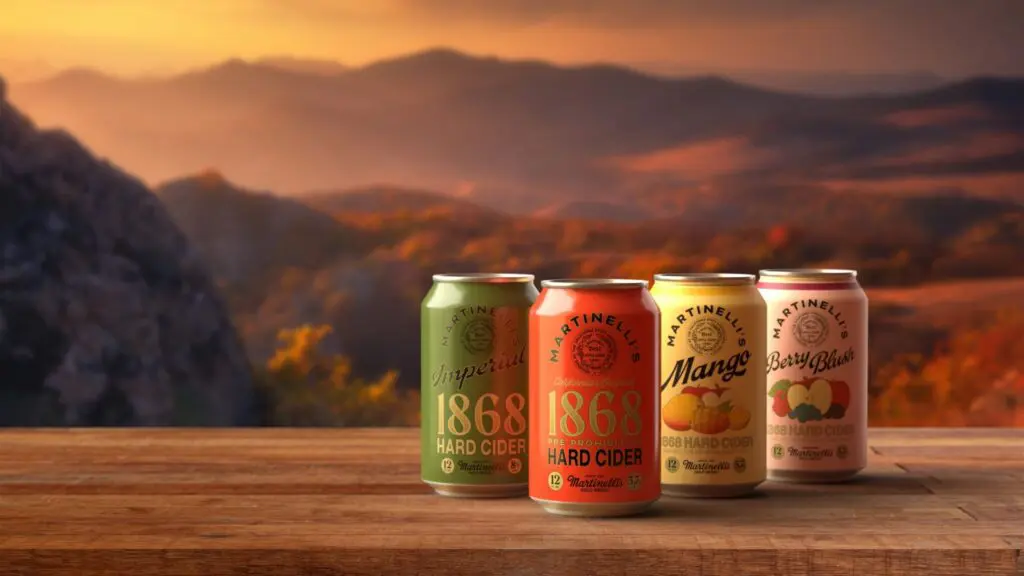
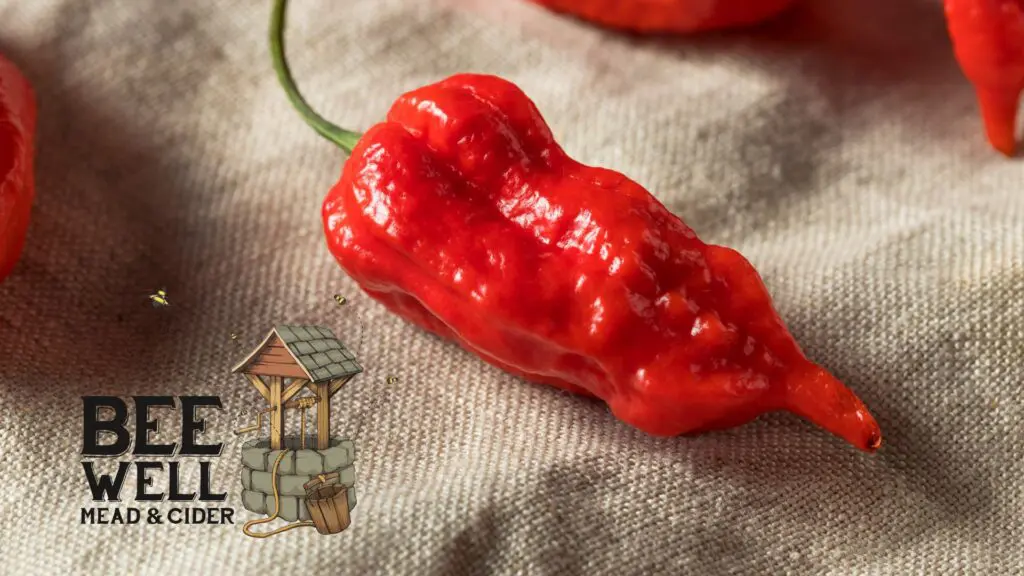
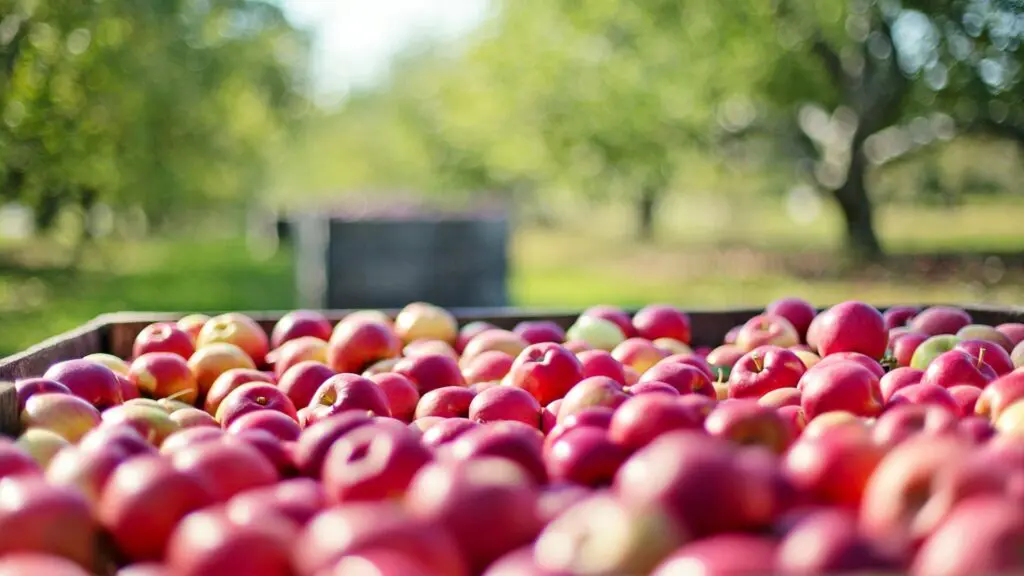
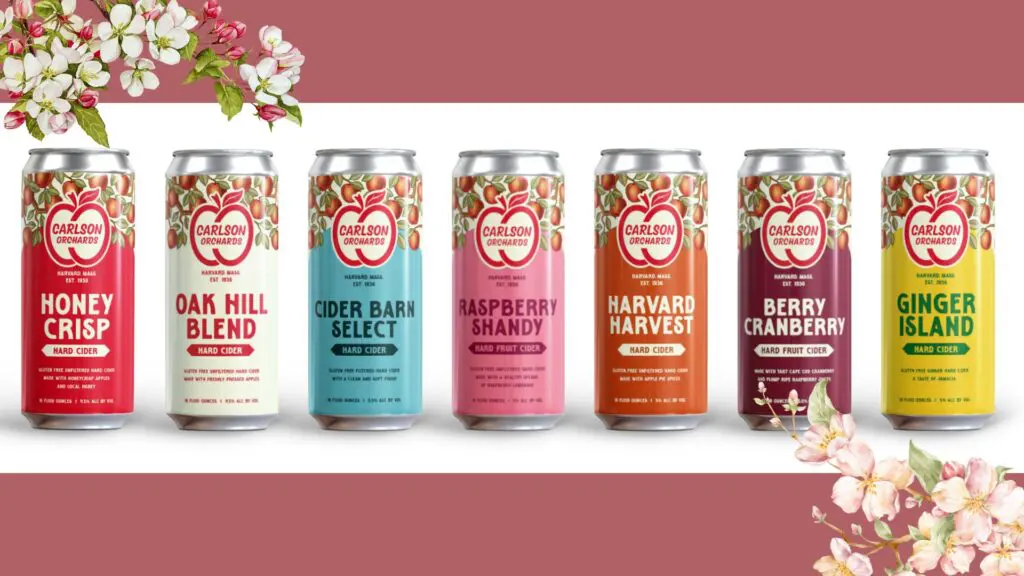

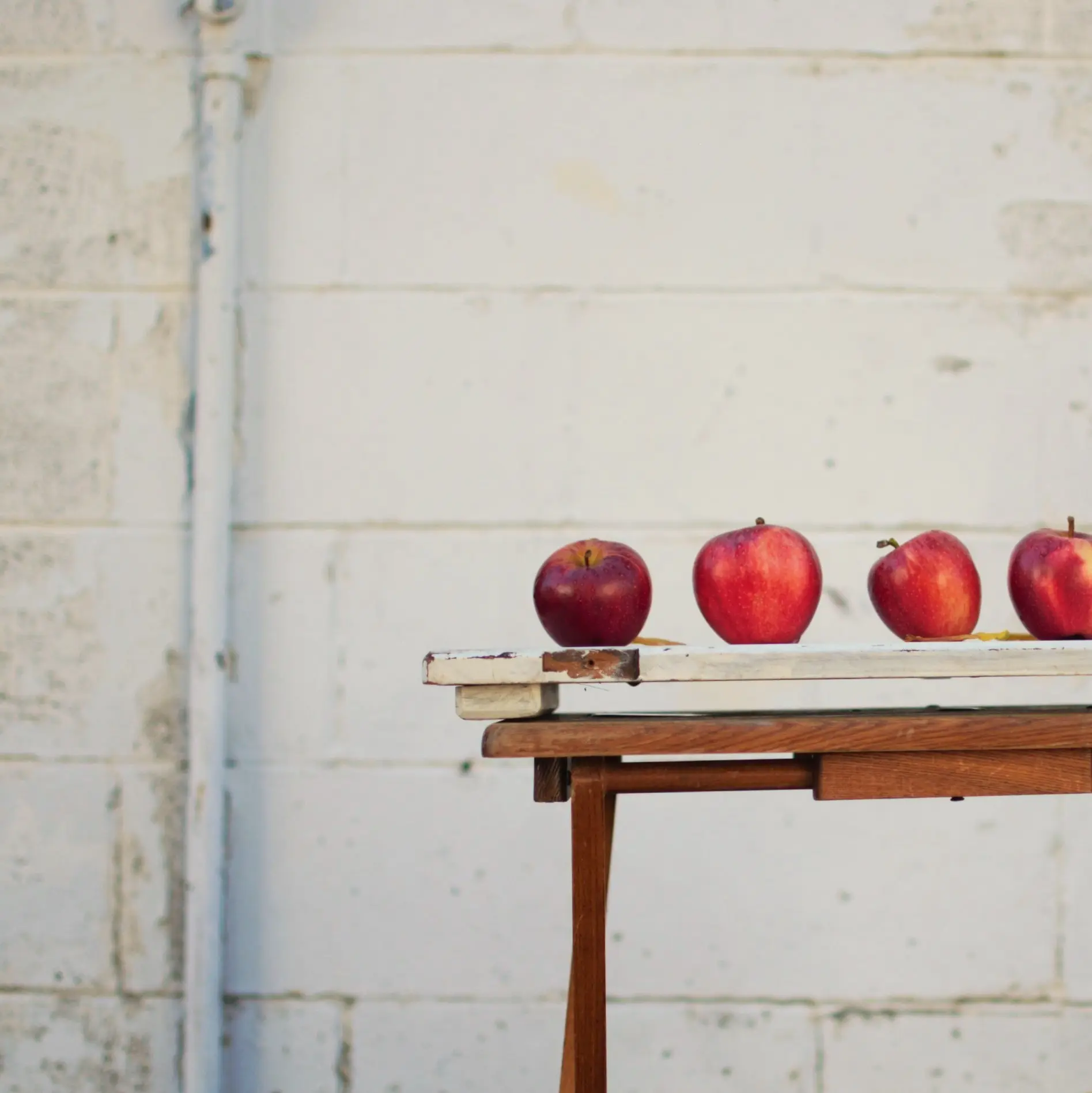




 Introducing Island Daiquiri from @portlan
Introducing Island Daiquiri from @portlan







